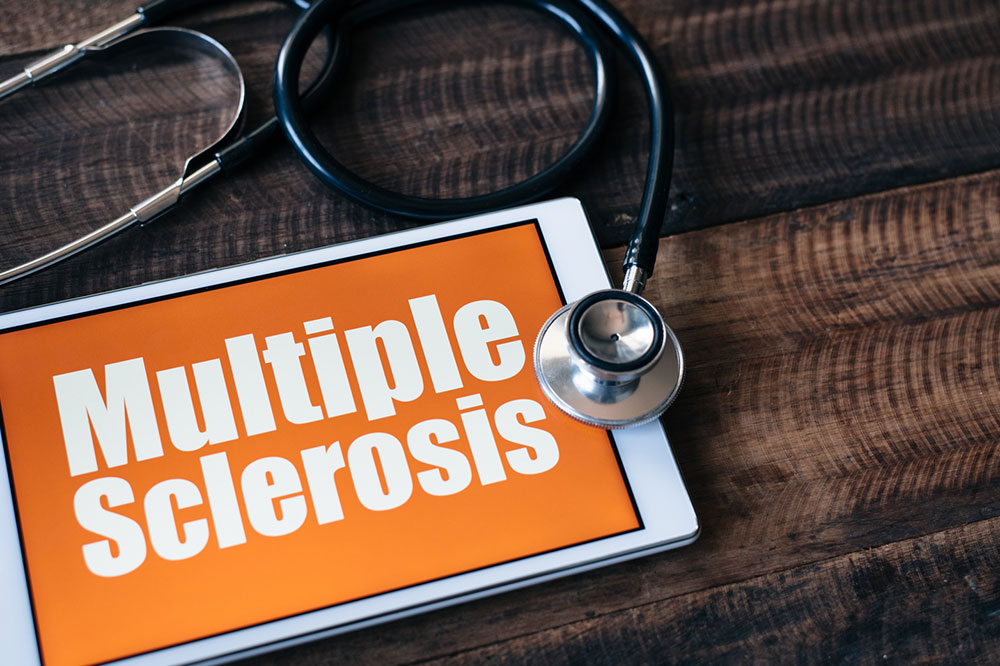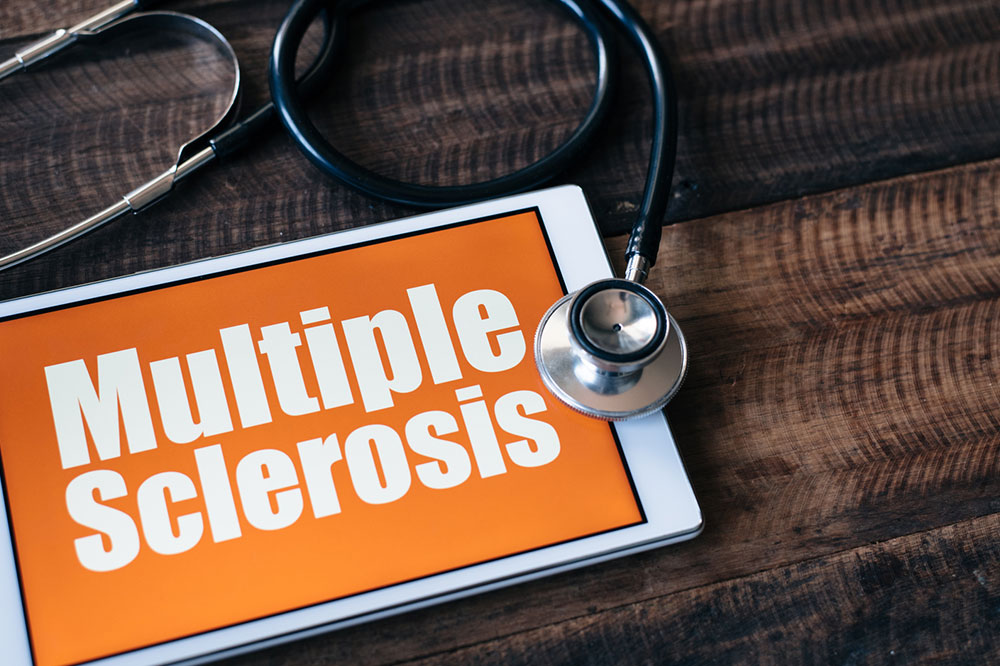Understanding Multiple Sclerosis: Key Facts, Causes, and Management Strategies
This comprehensive article offers an in-depth overview of multiple sclerosis, including its causes, symptoms, risk factors, diagnostic techniques, and current management strategies. It highlights the importance of early diagnosis and personalized treatment plans to enhance patient quality of life. The piece also explores emerging research and future possibilities for MS therapy, providing valuable insights for patients, caregivers, and medical professionals seeking a deeper understanding of this complex neurological condition.

Understanding Multiple Sclerosis: Key Facts, Causes, and Management Strategies
Multiple sclerosis (MS) is a complex, long-term autoimmune disorder that primarily targets the central nervous system, which includes the brain, spinal cord, and optic nerves. It is characterized by damage to the protective covering of nerve fibers, known as myelin, which results in disrupted communication between the brain and the rest of the body. This disruption can lead to a wide spectrum of neurological symptoms, varying widely among individuals. Some people live relatively normal lives with minimal symptoms, while others experience significant disability requiring ongoing medical management. Understanding the fundamental aspects of MS is crucial for early diagnosis, effective management, and improving quality of life for those affected.
MS is a disease that manifests differently from person to person. Its symptoms may appear suddenly or gradually, often fluctuating over time. Common signs include difficulty walking or maintaining balance, persistent fatigue, bladder or bowel control problems, memory issues, blurred or double vision, tingling sensations, numbness, and muscle weakness. The variable nature of MS symptoms, combined with their progression, makes it a challenging condition for both patients and healthcare providers.
Onset of MS typically occurs between the ages of 20 and 40, although it can affect individuals outside this age range. The disease is more prevalent in women than men, with women being two to three times more likely to develop MS. The unpredictable course and potential for relapse make understanding disease management essential for patients and clinicians alike.
Causes and Contributing Factors
While the precise causes of multiple sclerosis remain elusive, research has identified several potential factors that may contribute to its development. The disease is believed to result from an interplay of genetic, environmental, and infectious factors that trigger an abnormal immune response against the body’s own nervous tissue.
One of the leading hypotheses involves viral infections. The Epstein-Barr virus (EBV), which causes mononucleosis, has been frequently linked to MS, with studies indicating that infection may increase the risk of developing the disease. Other viruses, such as measles and herpes simplex, are also under investigation for their potential role in triggering autoimmune responses.
Genetics plays a significant role in susceptibility. Having a family history of MS increases the likelihood of developing the disease, suggesting that certain genetic markers may predispose individuals. Researchers are exploring specific genes associated with immune regulation that influence disease risk.
Environmental and lifestyle factors further modulate MS risk. For example, smoking has been shown to significantly increase susceptibility. Diets high in saturated fats and low in vitamin D are also linked to higher prevalence. Vitamin D deficiency, often due to limited sun exposure in higher latitudes, appears to play a role in immune regulation and MS risk. Consequently, lifestyle modifications such as smoking cessation, adequate vitamin D intake, and maintaining a healthy diet are recommended for at-risk populations.
Risk Factors Informing Disease Susceptibility
In addition to genetic and environmental factors, several other elements are associated with increased MS risk. Autoimmune conditions like type 1 diabetes and thyroid disease often coexist with MS, indicating a shared mechanism of immune dysregulation. Women are disproportionately affected, possibly due to hormonal influences on immune responses. Family history remains a significant consideration, emphasizing the importance of genetic predisposition. Other risk factors include age, with diagnosis most common between early adulthood and middle age, and geographic location, since regions farther from the equator tend to have higher MS prevalence due to sun exposure and vitamin D levels.
Diagnosis and Modern Management Strategies
Early diagnosis of MS relies on a combination of clinical evaluation, medical history, and advanced imaging techniques. Neurologists perform thorough physical examinations to assess nerve function and look for signs consistent with demyelination. Magnetic resonance imaging (MRI) is the most valuable diagnostic tool, capable of detecting areas of brain and spinal cord damage characteristic of MS. In some cases, spinal taps or cerebrospinal fluid analysis are performed to identify abnormal immune activity or the presence of oligoclonal bands. Blood tests assist in ruling out other conditions with similar symptoms.
Currently, there is no cure for MS, but numerous treatment options aim to modify the disease course, manage symptoms, and improve patient quality of life. Disease-modifying therapies (DMTs), such as interferons, glatiramer acetate, and newer oral medications, have revolutionized MS management by reducing relapse rates and delay progression. These medications work by modulating the immune response to prevent further nerve damage.
Beyond pharmacological interventions, physical therapy plays a fundamental role in maintaining mobility, strength, and functional independence. Physiotherapists develop individualized exercise programs to address specific deficits, enhance muscle strength, and reduce fatigue. Symptom-specific treatments, including muscle relaxants for spasticity, bladder management techniques, and pain control strategies, are incorporated into comprehensive care plans.
Integrative approaches such as lifestyle modifications, stress management, and nutritional support further contribute to managing MS. Regular monitoring through MRI scans and neurological assessments helps to gauge disease activity and adjust treatments accordingly. Patient education and support groups are essential components, providing emotional support and fostering community among those affected.
Advancements in research continue to uncover potential new therapies, including stem cell treatments and personalized medicine strategies, aiming to halt or even reverse disease progression in the future. Ongoing clinical trials explore the efficacy of novel immunotherapies and neuroprotective agents, providing hope for improved outcomes.





